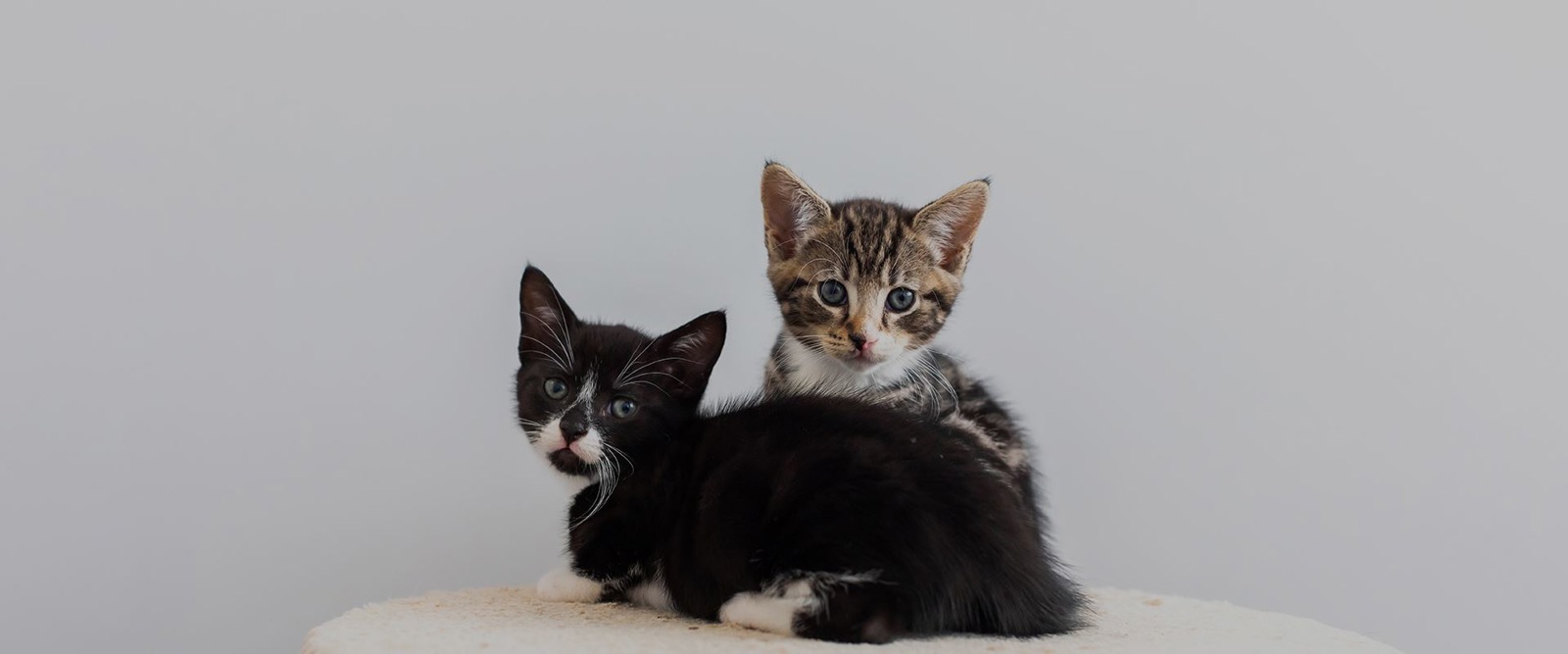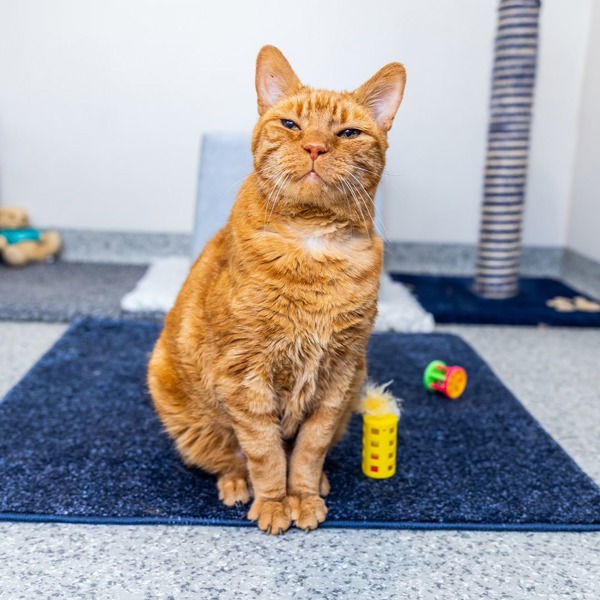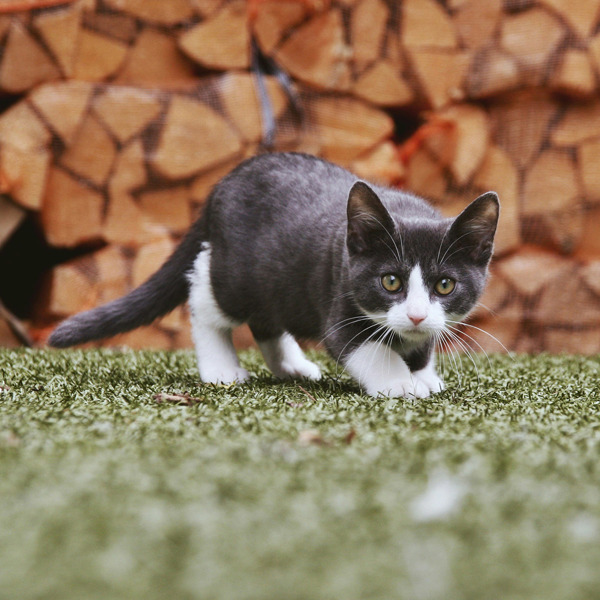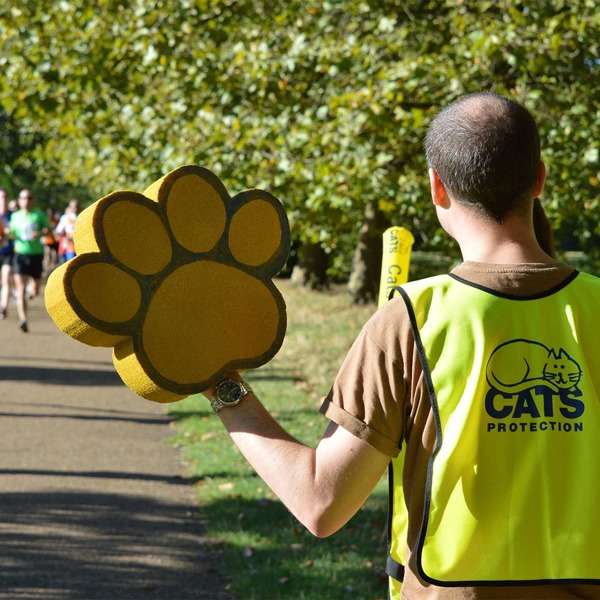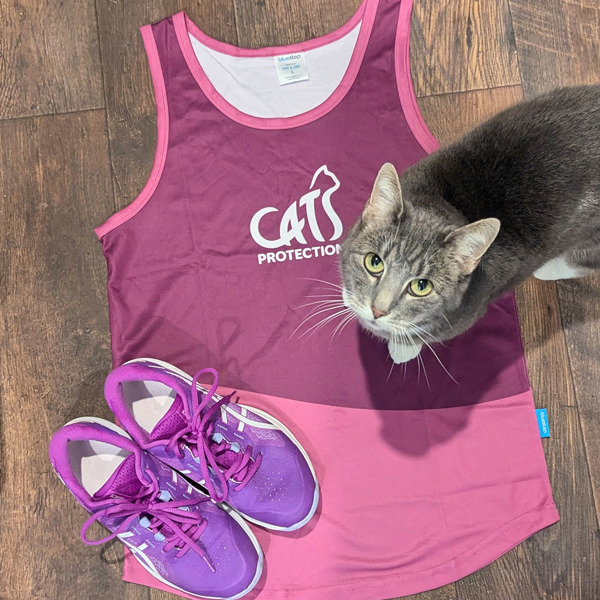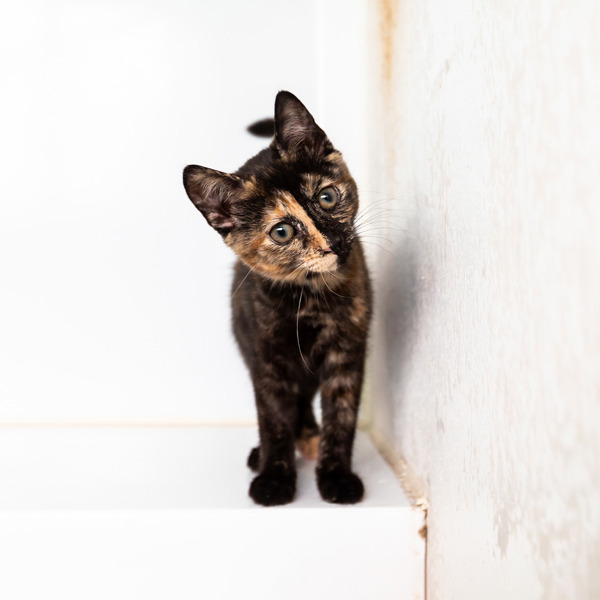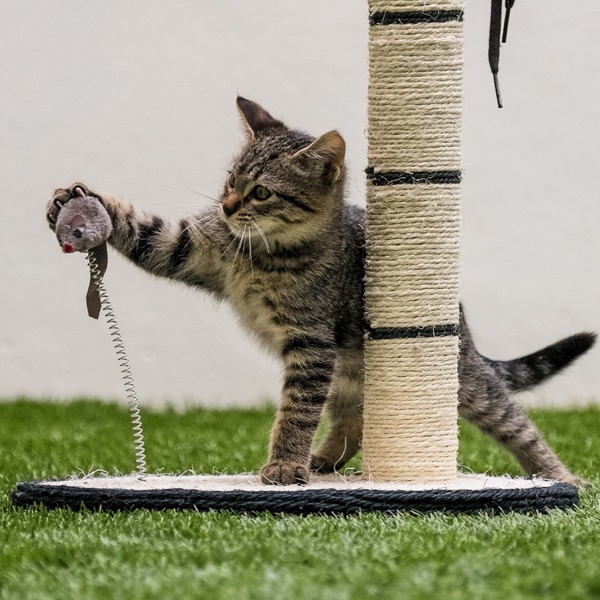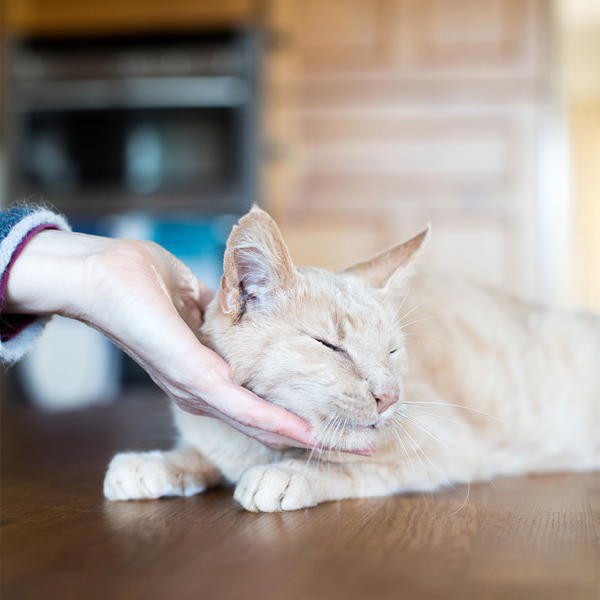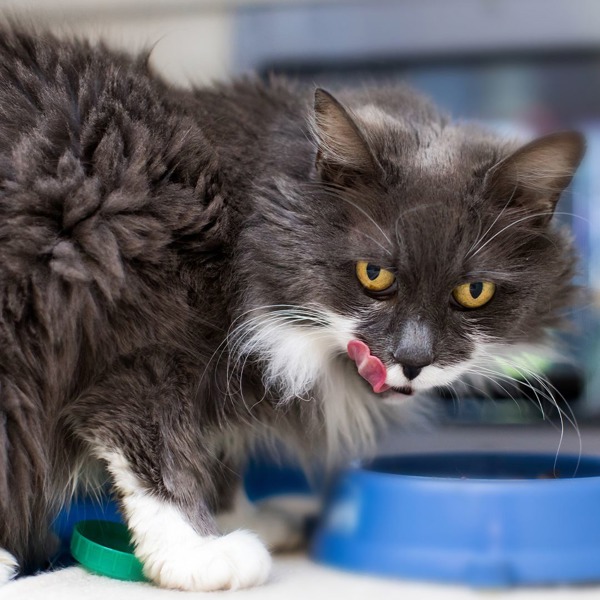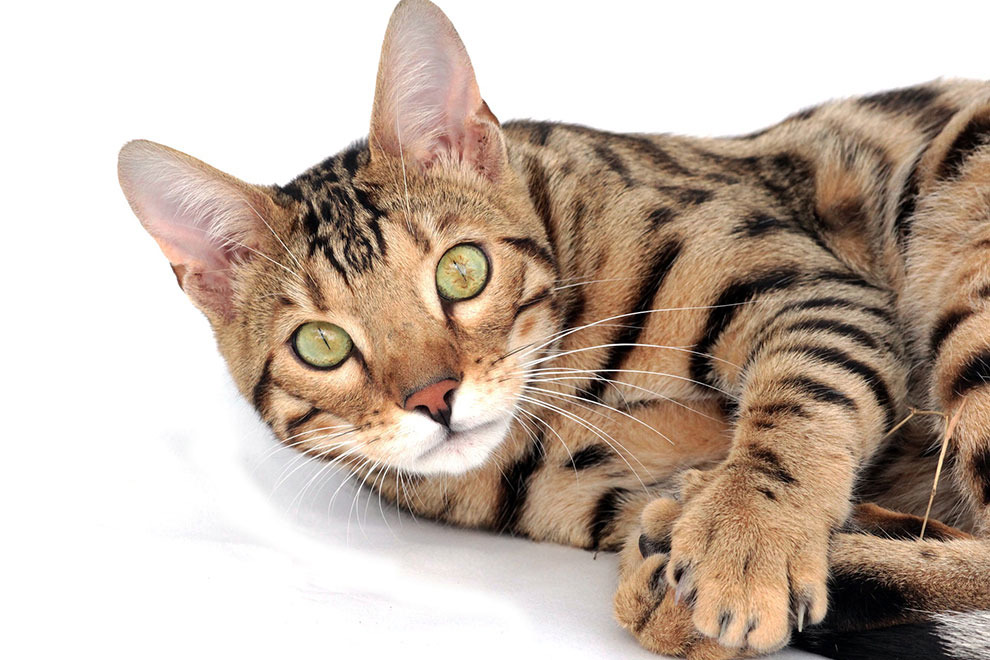We'd love to keep in touch, by telling you about our work with cats, inviting you to support fundraising appeals, join events, campaigns or to volunteer. However, we don't want to bother you unnecessarily. That is why we may analyse your personal information (and in some cases add publicly available information) to help ensure we send you communications we think you will care about. Rest assured, we'll never swap or sell any details about you with other organisations.
If you'd like to receive information in the following ways, please tick accordingly:
If you wish to change the ways we contact you, please contact Supporter Services by telephoning 0800 917 2287 Monday to Friday during office hours (9am-4.30pm), emailing supporter.services@cats.org.uk or writing to us at Freepost Cats Protection.
We will also process your data for administrative purposes and to contact you about your donation.
Please visit www.cats.org.uk/terms/terms-privacy if you have any questions about how we use your data.

